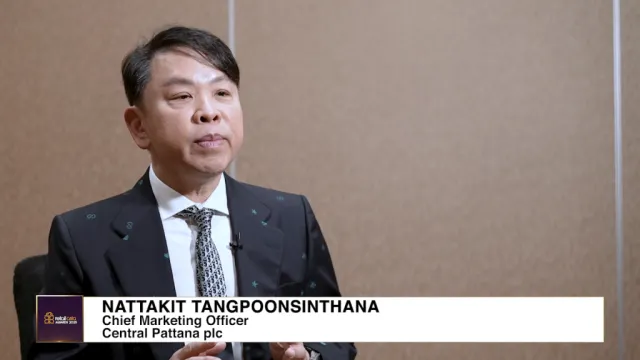
Vietnamese businesses urged to diversify markets amidst U.S.-China tensions
ESG is now a competitive advantage.
Vietnamese enterprises are facing new pressures and risks in global supply chains as U.S.-China trade tensions continue to escalate, according to a new whitepaper released by YCP and ESG & Sustainability Alliance Vietnam.
With rising U.S. tariffs on exports and increased scrutiny of Chinese components, businesses in Vietnam must rethink their strategies to maintain competitiveness and long-term growth.
Vietnam has gained from the “China Plus One” shift, but ongoing geopolitical friction is creating fresh barriers.
Market diversification and ESG (Environmental, Social, and Governance) compliance are emerging as critical tools for navigating these challenges.
"As Vietnam becomes more deeply embedded in global supply chains, the country is no longer a manufacturing destination, it is now expected to meet the complex demands of geopolitical alignment, regulatory compliance, and sustainability," said Yuichi Ota, Partner at YCP.
There is growing recognition amongst Vietnamese businesses that ESG is no longer optional. It is increasingly a requirement for access to global markets and long-term credibility in international supply chains.
“Vietnamese businesses are increasingly aware that ESG is no longer a ‘nice-to-have’, it’s becoming a fundamental requirement for market access,” said Nguyen Dinh Quyen, co-founder of ESGA Vietnam.
With global trade becoming more complex, Vietnamese enterprises are being called to act—adapting through strategic market shifts and stronger ESG commitments to secure their place in the future economy.















 Advertise
Advertise








